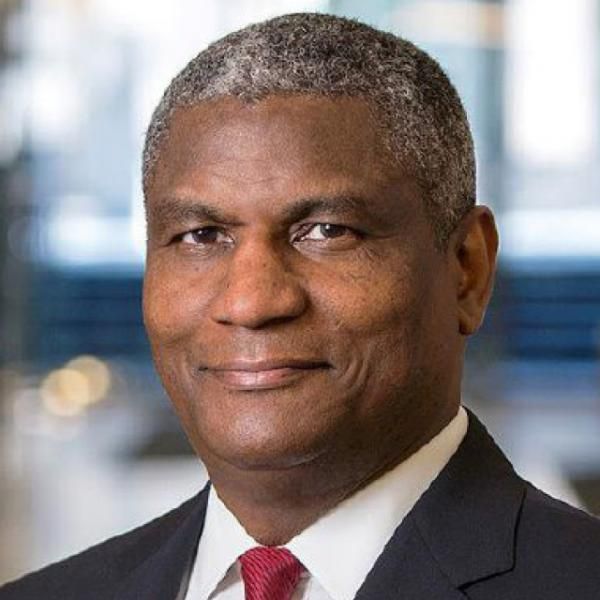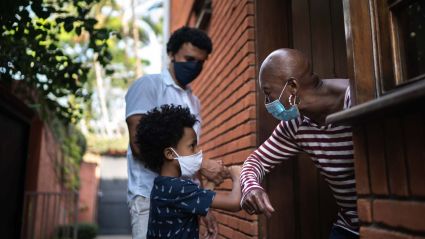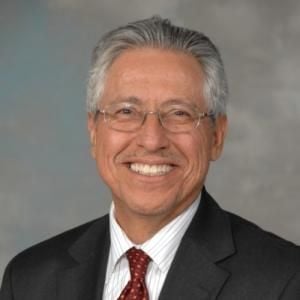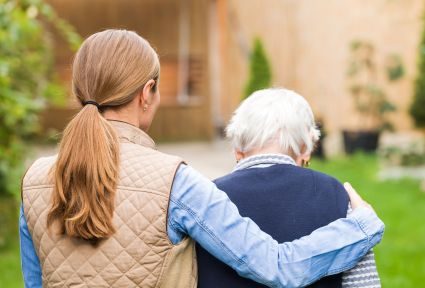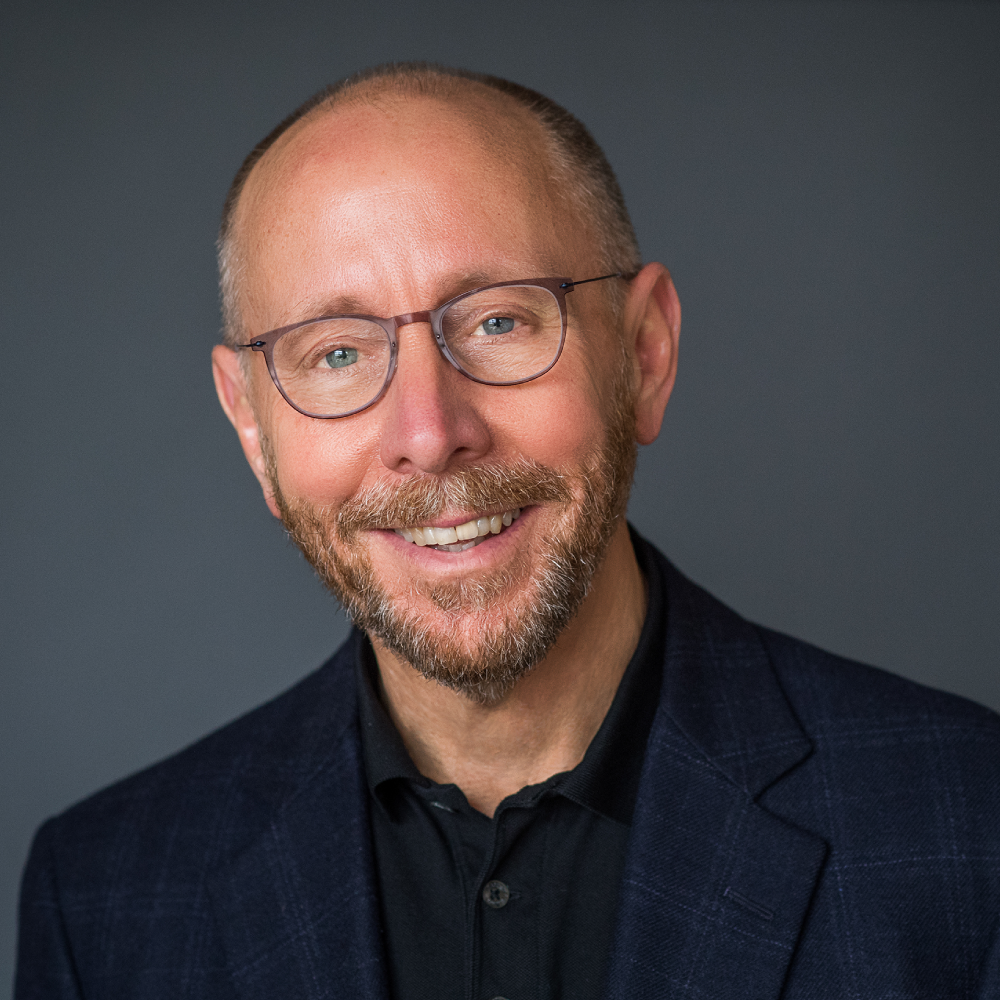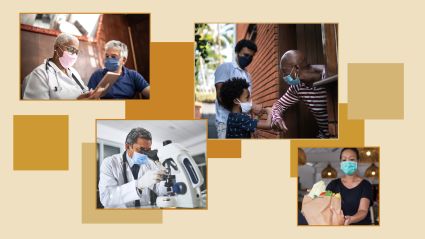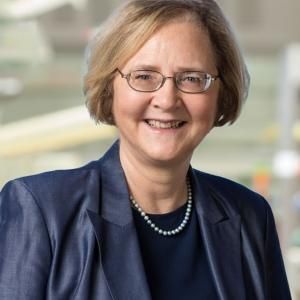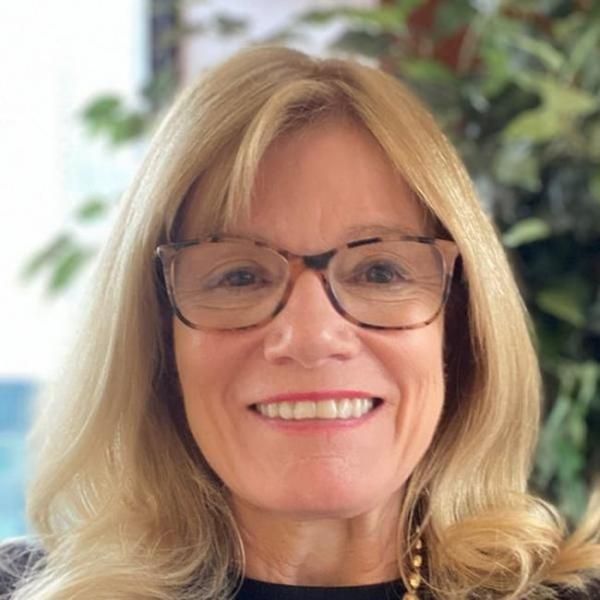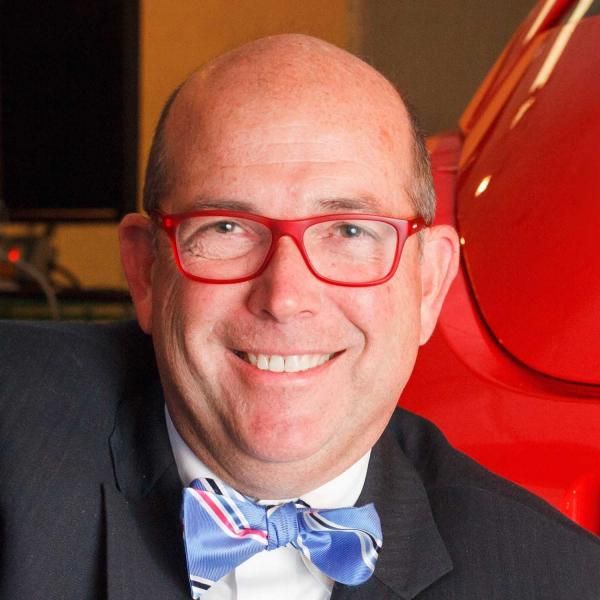For Rodney Slater, the pandemic has lifted the veil on hardships facing older adults, low-income individuals, and people of color. Here’s what needs to change.
This article is the seventeenth in a weekly joint series on “The COVID-19 Pandemic and the Future of Aging” from the Milken Institute Center for the Future of Aging and Next Avenue. The articles are Q and As with thought leaders in fields ranging from health care to retirement planning to work to intergenerational relationships.
As COVID-19 has threatened efforts to advance equity, what are the risks to older adults, especially in communities of color?
COVID-19 is a wake-up call for all of us. From being able to associate with one another to free movement in our neighborhoods to our capacity to pursue happiness—these activities are central to what makes us American. Without them, our quality of life is deeply impacted. But with more than 80 percent of deaths from COVID-19 among those 60 and older, it is sobering to consider what we have lost. Wisdom, experience, understanding—things that are invaluable and sacred.
The pandemic has lifted the veil on the compounding hardships experienced by people of color and low-income individuals. This is the population most at risk of poor health, of educational deficits, of financial insecurity. Yet these are often the people who clean our homes, deliver our groceries, and care for our children and elders.
The COVID-19 pandemic has made it clear that they are essential. Will we repay their contributions? Will we protect them from the health risks, job losses, and economic stresses they are suffering?
As a nation, we must acknowledge what we have historically chosen to turn away from, which is that despite how we fought to make things equal for all individuals, there are still real inequities in America that must be faced.
Many of us remember our struggles of the 1960s and 1970s, but we thought that those battles were behind us, not efforts that would have to continue into the future. The hope was to look back and take pride in the journey and to know that through the sacrifices made and the passage of time things would get better.
Seeing where we are now, it can be disheartening. We know that, in reality, there is still much to be done and, for those of us who are older, we have less time to try to make it right.
What efforts and actions should be put in place to fully ensure that older adults are integrated into a post-COVID-19 society?
In our society, people don't make needed sacrifices and investments unless there is acknowledgement of the value to be realized from taking these steps. It’s incumbent upon boomers in particular to show what they have to give: the experience, means, and wholeheartedness to continue to be of beneficial service to their communities. Otherwise, the natural inclination of younger generations, beyond their family connections, will be to invest in themselves and to focus on their own futures, rather on than on older generations who have “had their day.”
We have to help everyone—in our generation and younger generations—recognize that the true value of life is in the service you render to others, and not just that which is afforded to yourself. We need to leverage the wisdom gained with age and assist in properly putting to use collective resources in an impactful way, incorporating and scaling the positive efforts of the past.
It’s time to support the advancement of our younger counterparts, helping as they work to right the ship. As the late Congressman John Lewis noted in his final publication: “Now it is your turn to let freedom ring. When historians pick up their pens to write the story of the 21st century, let them say that it was your generation who laid down the heavy burdens of hate at last...”
Efforts like AARP’s Experience Corps and the federal Corporation on National and Community Service’s Senior Corps should be dramatically expanded to enable and encourage older adults to serve children and young people. Mentorship should be promoted in businesses, community organizations, and faith institutions. We should be proud to support younger generations and to amplify their voices as they strive to address inequities and create a better future. A prime example is National Youth Poet Laureate Amanda Gorman, who stirred us with her powerful poem "The Hill We Climb," featured at the inauguration of President Joseph Biden and Vice President Kamala Harris.
What actions can we take now to address societal divides so that our post-COVID-19 future is made better and not worse by this tragic pandemic?
The pandemic experience has accelerated change and ushered in the use of technology that holds great promise. The adoption and integration of telemedicine into our daily lives was rapid and likely will be permanent. Similarly, the shift to remote work and education, while still in the nascent phase, is the beginning of a virtual enterprise that will remain part of our social structure.
This will change how we use transportation, housing, travel, and resources. These innovations must be designed with all individuals in mind. Think about them like curb cuts—while they were meant to increase accessibility for people living with limited functional capacity, they proved just as useful for pushing baby carriages across streets.
However, what remains in our hands to address now is ensuring equity in access to all of these advancements. Millions of Americans lack high speed internet, particularly those in rural communities and communities of color. Many lack the skills and information needed to participate in an increasingly digital economy. They are falling farther behind, reinforcing the challenges and injustices they already face. Broadly expanding access to devices, technological infrastructure, and knowledge will enable people, whether they live in urban or rural areas, to participate in the digital revolution.
The pandemic has made it clear: We need action on this front now, before the gulf grows even wider.
This will take more policies that put people first and greater efforts from the private sector to look at all of our communities as stakeholders. The famed economist Adam Smith’s Theory of Moral Sentiments is informative at this juncture: By keeping in mind both individual and collective interests, we can seek a new North Star, one that leads us to greater equity and inclusivity.
I remain optimistic despite COVID-19 and the persistent disparities we see every day. The arc of the moral universe is in our hands: we have to use every action we have to bend it towards justice for all.
